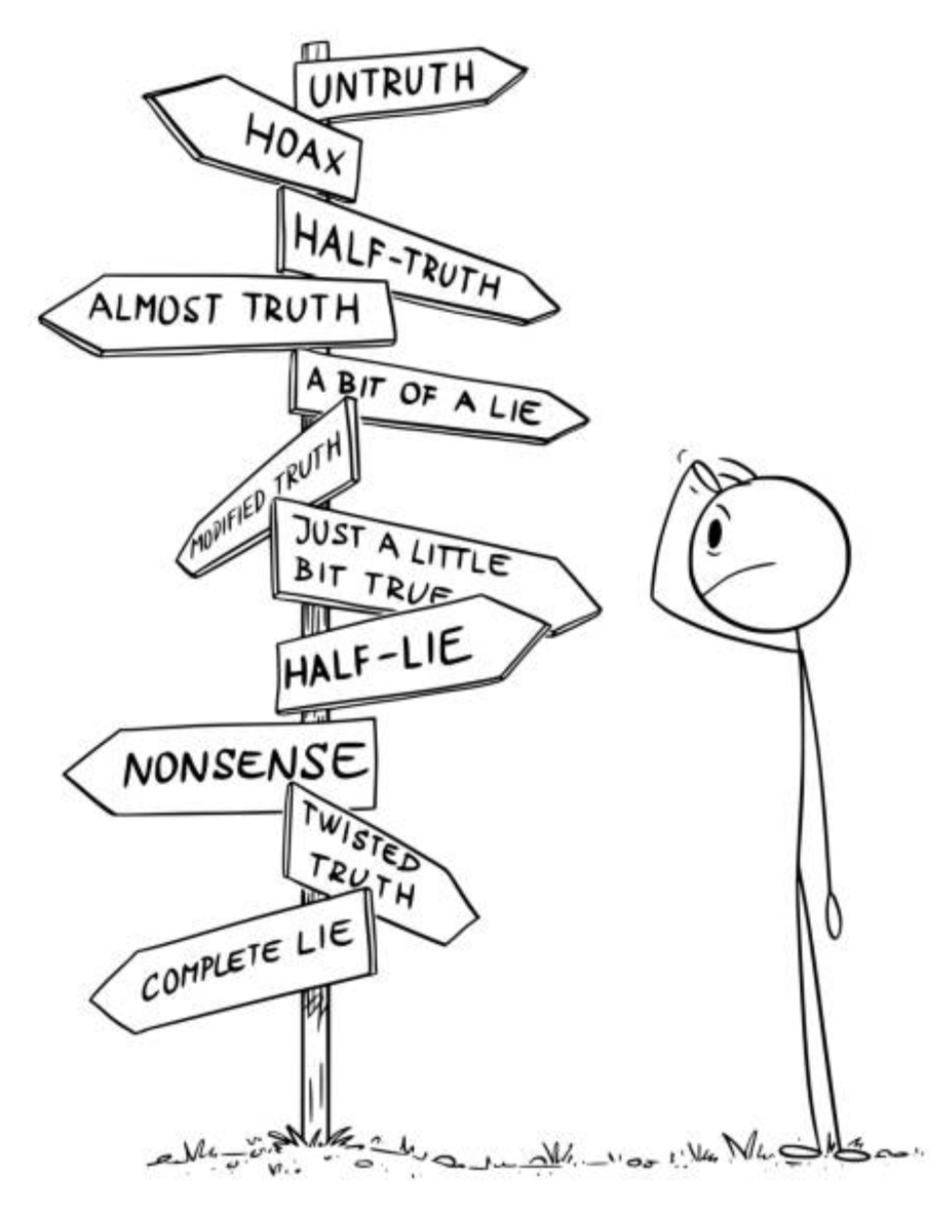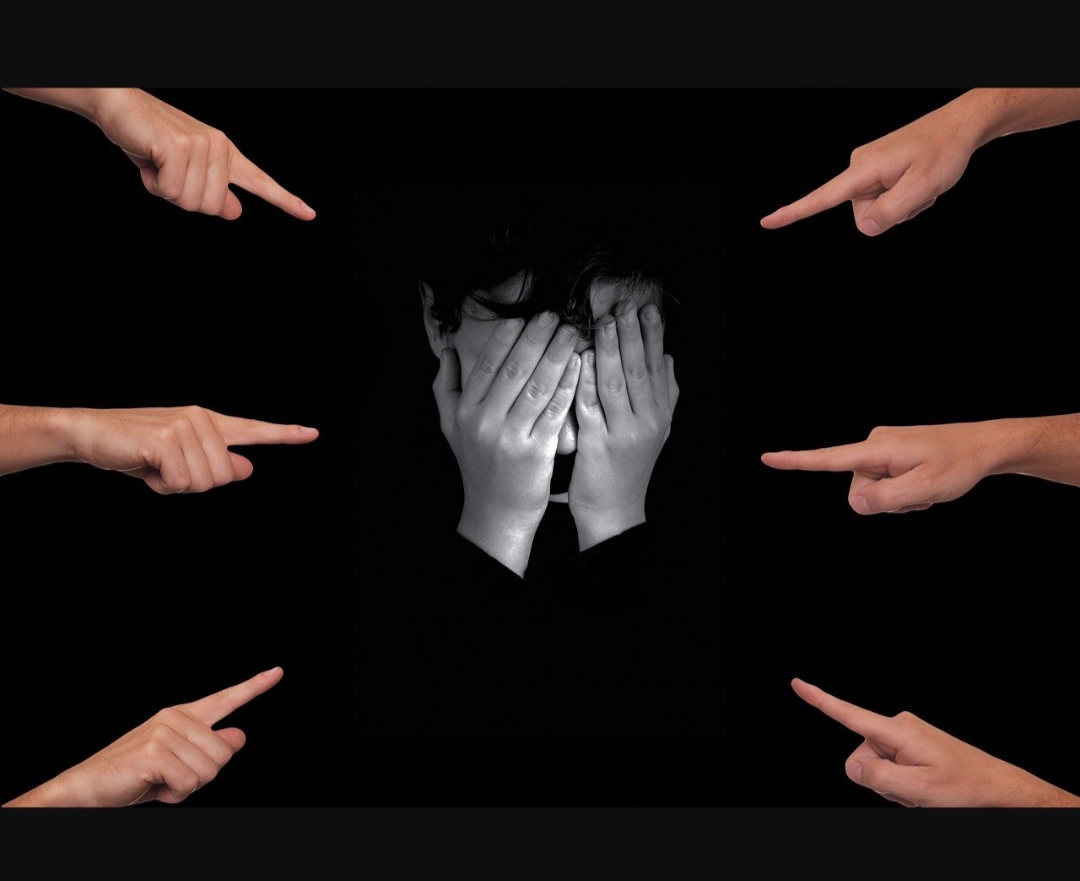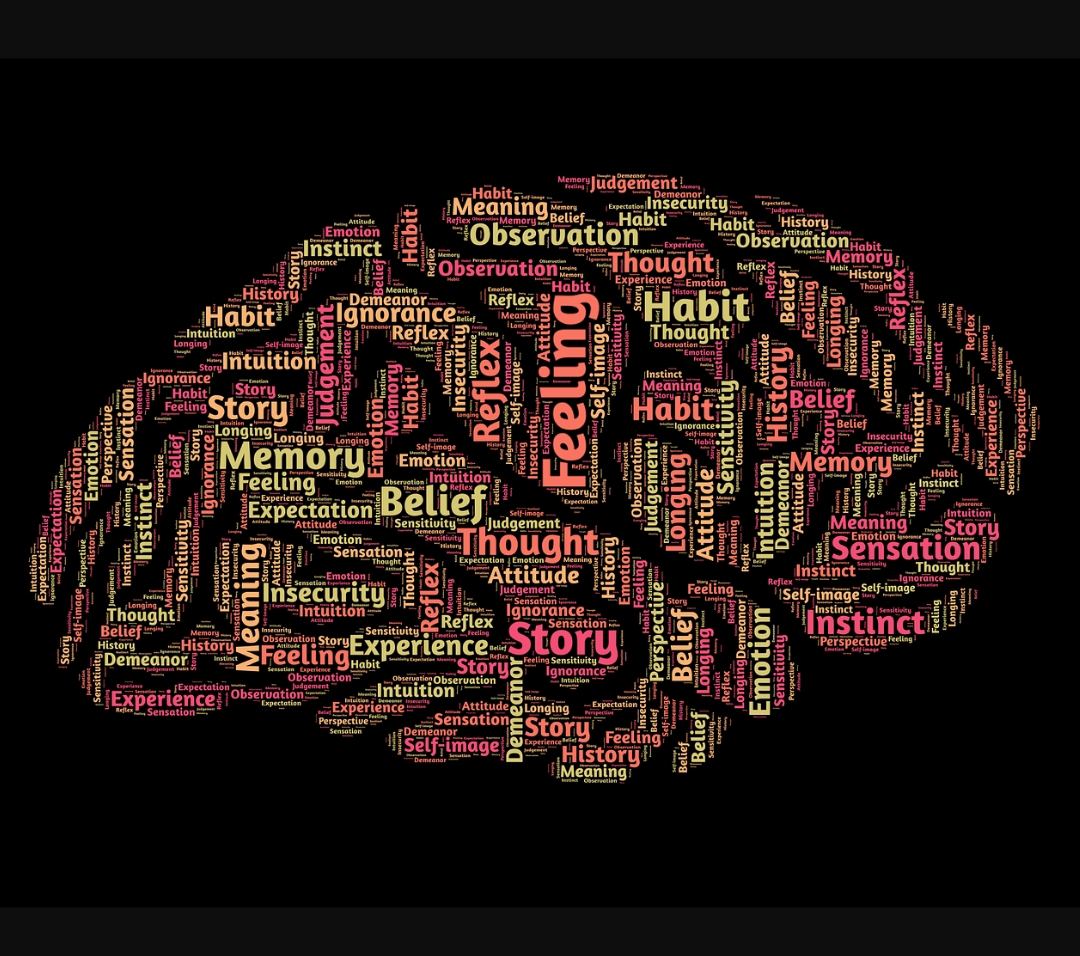

The hidden struggles of chronic liars
When lies become a habit: the hidden struggles of chronic liars
Typically, when someone lies, they say what they know to be false in an attempt to deceive the listener. Lies are divided into categories: the prosocial lies where lies are constructed to benefit or protect others and antisocial lies told to benefit oneself or harm others, it is often motivated by selfishness, manipulation or avoidance of responsibility. Lies usually takes one of the several forms of dishonesty which include half-truth, pertinent omissions, complete deception and exaggerations. Lying is a common thing which people do from time to time - to escape trouble, to make them themselves look a little better or even to avoid hurting one’s feelings. However, some lies goes beyond occasional excuses. Slowly it becomes a way of life, a habit so deep that it begins to define who they are. These people are chronic or pathological liar -these are people who lie even when there’s no reason to.

How it begins
Chronic lying is not something that appears automatically overnight. It is a habit that develops overtime and sooner or later became a part of one’s identity. It begins simply- slowly it stops feeling like a single choice but an automatic response to life- ignoring the reality and choosing to the see the world through the stories they’ve built.
The more a person a lies the less guilt they feel about it. Studies have shown that lying repeatedly can desensitize the brain’s emotional response when it comes dishonesty. Eventually making lying feels like normal thing.
Take Jane for instance, Jane Is a tailor. Jane tells her client she makes very great designs and has dressed many celebrities-at least that's what she believes in her mind. She steals designs from other tailors and makes it seem like it's her own work. At first it seems harmless maybe even entertaining and a good marketing strategy. Her shop is flocking with big clients who apparently are interested in “her” designs.” Come tomorrow your dress will be done” tomorrow comes and then the day after it and suddenly it’s a cycle of endless lies. Times passes by her relationships with clients' crumble and eventually they stop trusting her. Jane begins to feel trapped -not because she wants lie but because she doesn’t know how to stop.

The reason why people develop the habit of lying
It is believed lying stems from deeper emotional issues which include self-esteem, take for instance the story of Jane. Jane used lie to appear more successful and experienced. Post trauma or insecurity, these are individuals who lie as a form of defense mechanism, they see it as a way of hiding pain or fear. Desire for control, these are people who create false narratives to control how other people perceive them. In some cases, lying is said to be linked to personality disorders such as narcissism. Pathological liars don’t always have to gain something when they lie, sometimes it's about avoiding being vulnerable, rejected or feelings of shame.
The emotional roller-coaster brought about by lying
Human beings have a tendency to believe that people are telling the truth, irrationally convinced by emotional arguments and displays. Most chronic liars have mastered the art of lying because the truth feels threatening and painful and it's almost like their false identity has replaced their real identity, this is because they start believing their own stories.
Most chronic liars describe feeling, guilty, lonely and anxious. Eventually the truth becomes harder to tell, and they even begin to lose track of what’s real. Overtime they feel trapped between the lies they keep telling and the person they really are. Maintaining genuine connections becomes a struggle because deep down there's a feeling of loneliness, confusion and guilt. Take for instance a relationship between Kate and Daniel. When Daniel met Kate, he presented himself as a high achiever-a lawyer with a firm and running several businesses on the side. Kate being a career lady fell in love with this ambitious man unbeknownst to her that the person she’s in love with is just an illusion. Winston Churchill once said, "a small lie needs a bodyguard of bigger lies to protect it.” The lies build up and it becomes difficult to keep track, the relationship eventually ends. It’s a loss for Daniel but a win for Kate-who know to what extent Daniel would lie to get what he wants?
When lying becomes part of someone's identity, such people struggle to maintain genuine connections and as a result trust is broken easily. It’s always easy to give someone the benefit of the doubt and trust them on first encounter but the moment it's broken it's never that easy to fix, it's like a broken glass, it can't be put together again exactly as it was.

Can they really change, helping pathological liars
Change starts from within. A person can decide to change when they become self-aware of how their actions are impacting them and people around them -recognizing the harm and choosing to confront it rather than hide from it. The second stage is understanding that you need help, help can come inform of opening to a close friend or therapy. Therapy especially Cognitive behavioral therapy can help uncover the real root cause and help in rebuilding a healthy relationship with truth. The third stage is change of mindset, your mindset affects how you make decisions, respond to challenges and how you react with others, understanding that lying is short-term and will get you things for a shorter period of time as opposed to being upfront.
In summary, chronic lying is like a disease and when a disease is left untreated it spreads and affect other organs. But would you rather wait for the disease to spread or go ahead and treat it? Niccolò Machiavelli mentioned in his famous quote that when trouble is sensed well in advance it can easily be rectified but when you wait for it show itself any medicine will be too late because the disease will have become incurable. Part of finding yourself is getting lost and its okay. With self-awareness, honesty and the help of a professional even the most persistent liar can rebuild their truth.